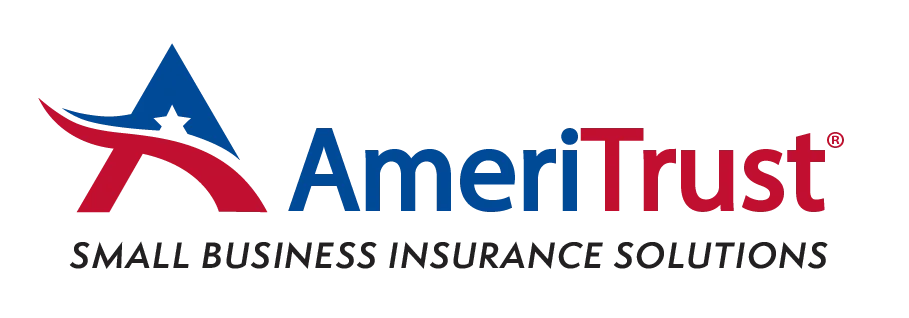How do I prepare for a work comp payroll audit?
How do I prepare for a work comp payroll audit?
The premium for a workers’ compensation policy is established primarily on an estimate of a business’s total payroll at the time the policy goes into effect and by the various types of work the employees perform. At the end of the policy period, the insurance carrier will review actual payrolls and scope of work performed and compare that information to the estimates made at the beginning of the policy term. Based on changes in scope of work or payroll, the premium can go up or go down. The primary function of a workers’ compensation audit is to ensure that premium paid by employers is accurate for the risk that was contemplated.
Here are some recommendations to consider when preparing for a Workers Compensation audit:
- Identify a primary contact person for the auditor. This should be someone familiar with all business operations and payroll records.
- Review your company website. Is there any outdated information that could be mis-leading to the auditor.
- At the time you are contacted to schedule the audit, ask the auditor to clarify what specific information they will need during the audit review process.
- Gather that ahead of time and have that information well organized.
- Pull together employee records. This would include number of employees, hours, days and weeks worked and details on each job duty/classification.
- Gather certificates of insurance from independent contractors and/or subcontractors for all work they performed. Without these valid certificates, that payroll could be added to your business payroll.
- Review your original policy to make sure you understand how your initial premiums were calculated based on estimated payroll by type of work classification.
- Ask for and review the auditor’s worksheets for payroll and work classification accuracy.
- Being well organized and prepared for a workers’ compensation audit is the best way to help reduce any surprises and make sure the premium calculations are in line with your payroll records and scope of operations


